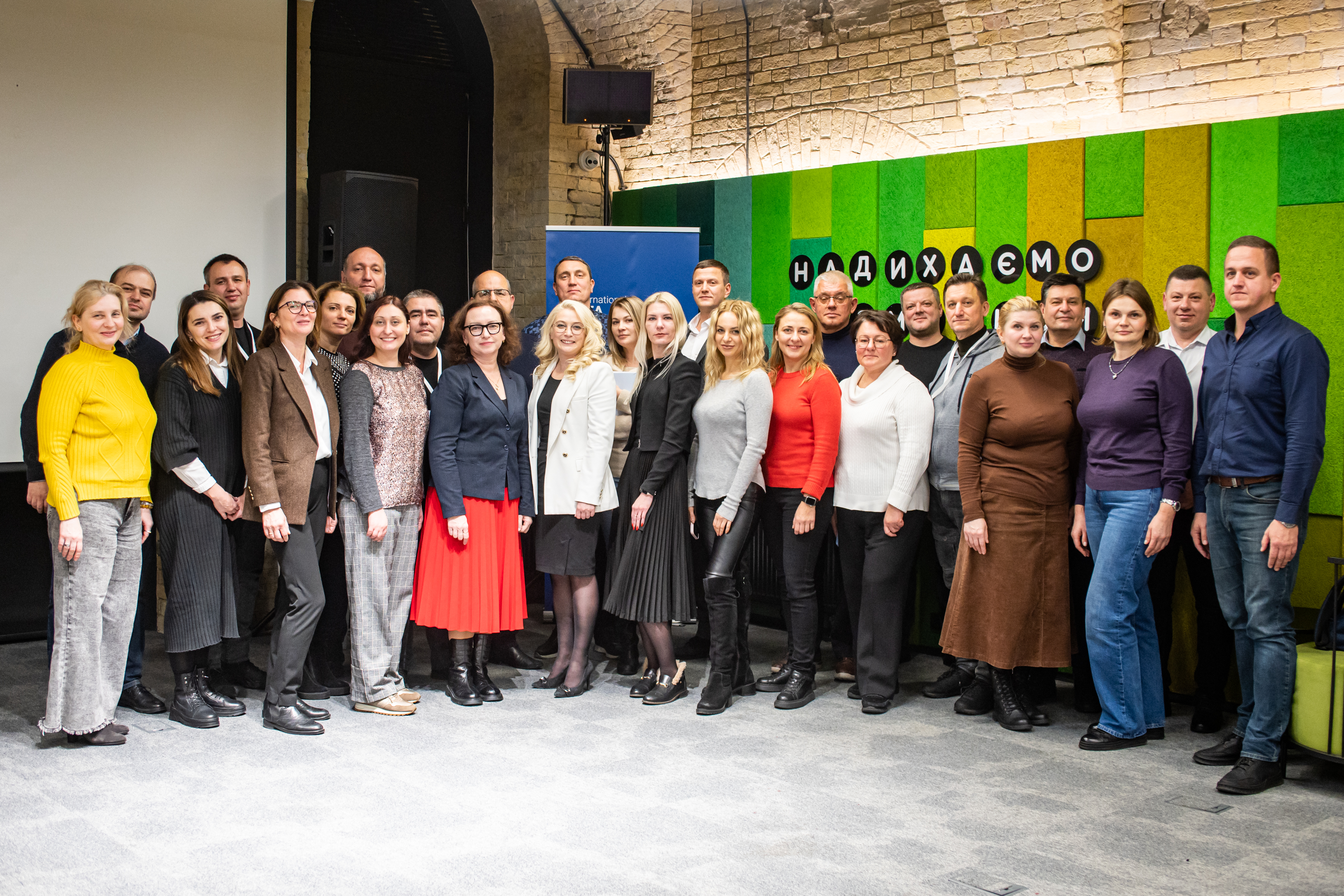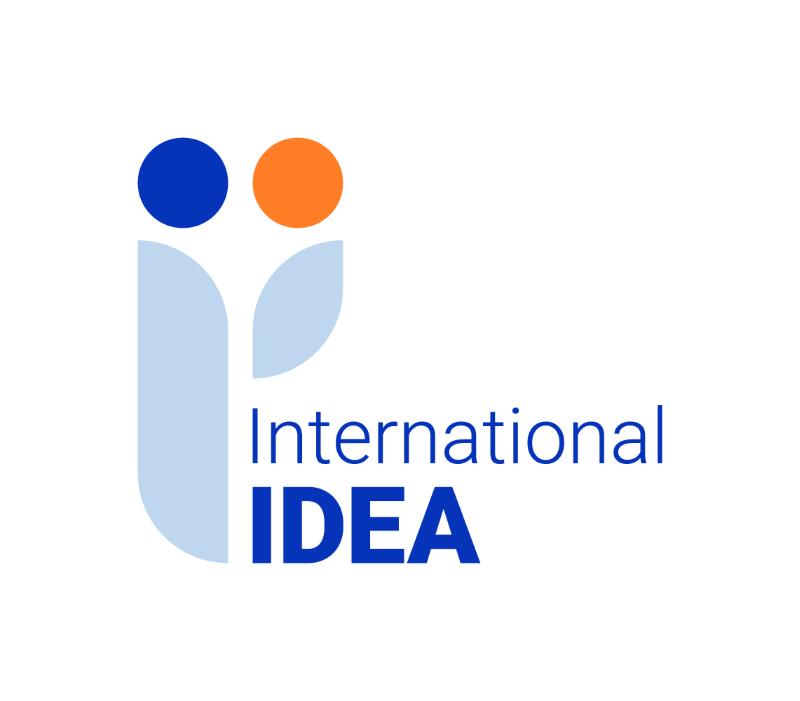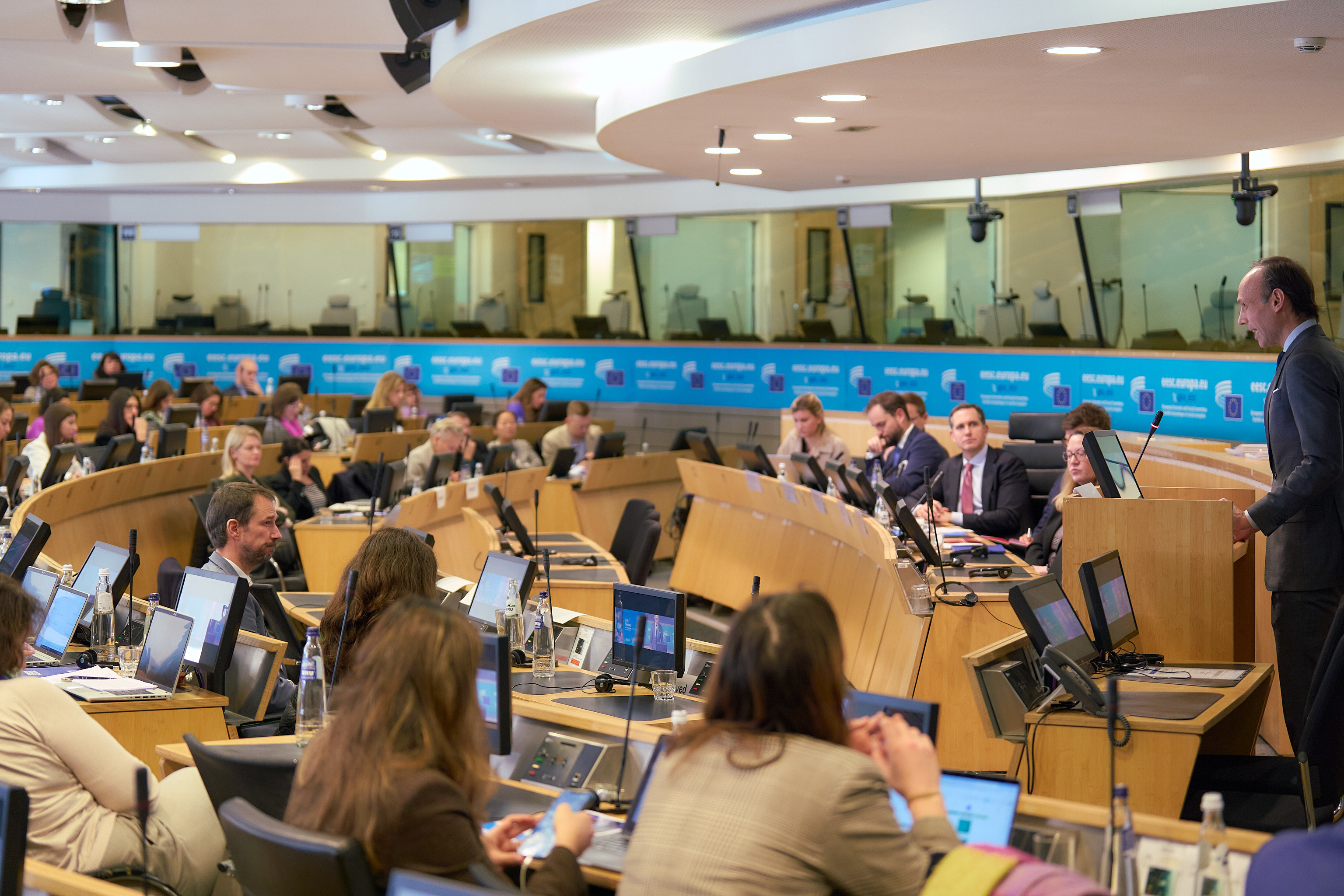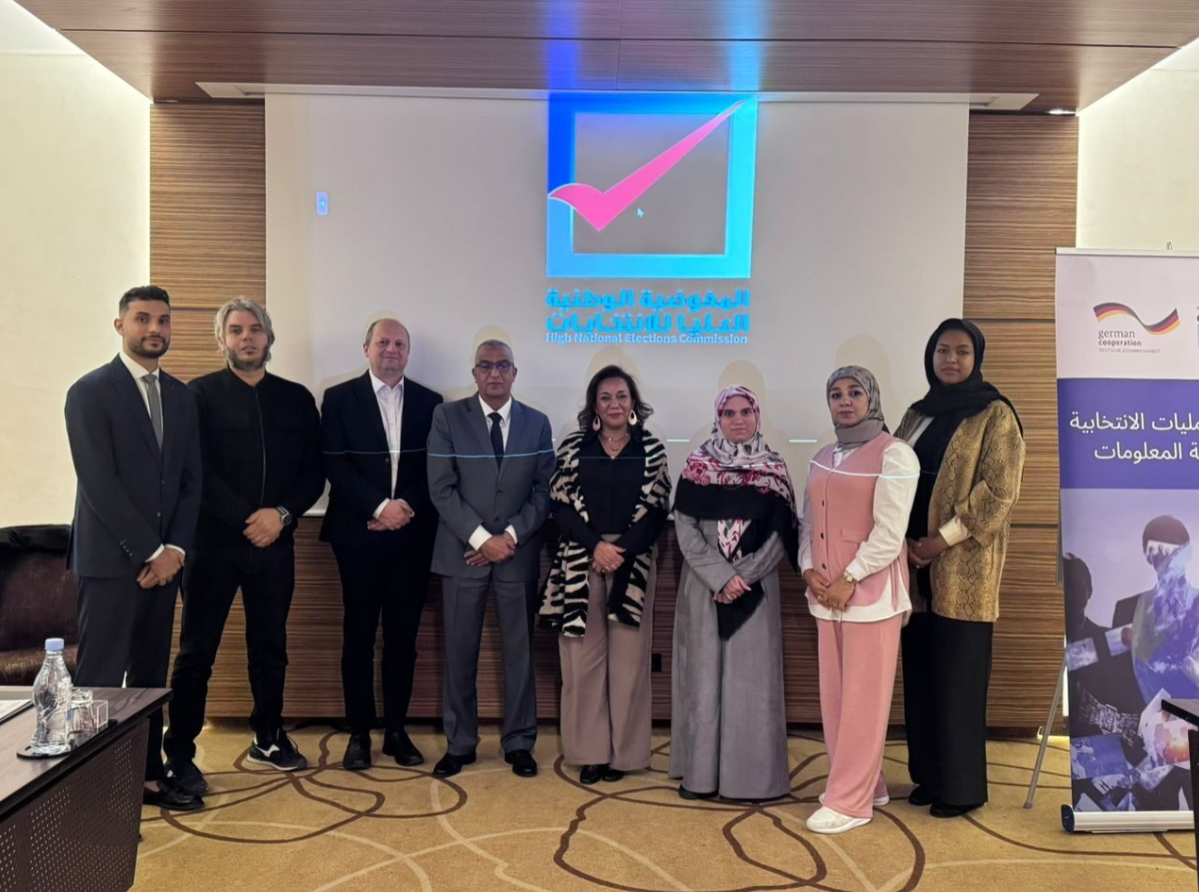Jimmy Morales, the new President of Guatemala, has his work cut out for him as he faces several challenges in need of instant attention.
The results were announced shortly after the second round of elections on October 25 that Jimmy Morales, a popular TV comedian with a degree in business administration and a master’s degree in strategic studies with a focus in security and defence, would take over the reins of this troubled Latin American nation.
With relatively little political experience, perhaps part of his appeal for the voters, he ran for the National Convergence Front (Frente de Convergencia Nacional, FCN) and managed to secure 67.44 per cent of votes while Sandra Torres, the incumbent First Lady and Morales’ main competitor, obtained just 32.56 per cent out of a total of 4,079,228 valid votes cast, with a 56,32 per cent voter turnout. Torres under the National Unity of Hope (Unidad Nacional de la Esperanza, UNE)
Manuel Baldizón from the Libertad Democrática Renovada (LIDER), who had been the favourite for months and who was the finalist in the 2011 presidential election, was defeated in the first round after receiving only 19.38 per cent of the votes.
In addition to the presidential election Guatemalans also voted for 158 seats in its unicameral Congress that were up for renewal, 338 municipal corporations and 20 seats for the Central American Parliament.
The 25 October polls were historic not only because of the shift in power in the president's office, but it also opened a door for a new stage in the country's democratic development. Although of course, not free of some notable threats and risks.
What changed?
The victory of Morales and his party reflect some continuations and some breaks from the past in Guatemalan politics, and its dynamics hold the keys for the near future.
With regard to continuations, this was the fifth consecutive presidential election held over the past two decades. This election was characterised by endemic corruption in a weak state that has been co-opted by the political parties, which are in turn co-opted by de facto powers. It also is an unequal, insecure, violent society caught in informality and by transnational organised drug-trafficking crime.
Guatemala is a country with 15 million inhabitants, more than 60 per cent of them indigenous, where 52 per cent of the population below the poverty line. GDP per capita is USD3,700, and the left-wing political parties have long been excluded from power. Outgoing President Molina, along with Vice-President Baldetti and others close to them were involved in notorious, proven acts of corruption that have been investigated and reported by the UN International Commission against Impunity in Guatemala(Comisión Internacional contra la Impunidad en Guatemala, CIGIG), forcing them to resign and face prosecution. All of the investigations took place from April to August 2015, while citizen mobilizations intensified.
Therefore, the main shift isthat never before in the country's electoral history, has an election taken place where both the president and vice-president have resigned as a result of criminal investigations.
For the first time in 20 years an election has been won by a candidate with no strong political ties to existing parties. This was a candidate who had not run before and therefore he had never been a finalist. Looking at history this should have meant it was not yet his turn to win. On the other hand, the winner was a candidate with little political experience, a very religious and conservative person, but who is highly popular.
The profound meaning of Morales' victory is that it is an opportunity to improve the integrity of the democratic process as well as the quality of democracy in Guatemala. After a long period of inertia where coalitions of formal, de facto and illicit powers (that is political parties, the business sector, and organized crime) have co-opted Guatemalan society and the state, subjecting them to a corrupt mode of government to the detriment of democratic development.
Morales' challenge, as acknowledged by Morales himself just recently, is turning a vicious circle into a virtuous circle.
In his favour is that he has strong citizen support as well as encouragement and the support of the international community.
Against him is a co-opted, dysfunctional state, the country's finances in ruins, vigorous de facto powers, a disgusted society and a divided government. The FCN got only 11 out of 158 congressional seats which will require compromise. Media poses another problem as ownership of all major media outlets is concentrated to a limited number of individuals who are not necessarily supporters of Morales.
Furthermore, there are doubts about his political capabilities, reminding some of unfortunate experiences seen elsewhere in the region. Added to this is the nature of the FCN, which was founded by former military in 2008, which could cause problems for the new president. Although it is not an easy road ahead, Guatemala's political system is needs to make changes to its political party system, electoral system and system of government. But these reforms will also bring challenges to a weak government within a very informal political context. International IDEA and cooperation agencies have made significant efforts in this direction over the past 20 years, and will continue to assist under the new circumstances.



